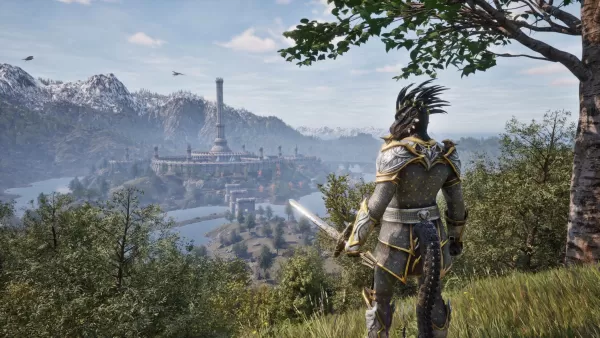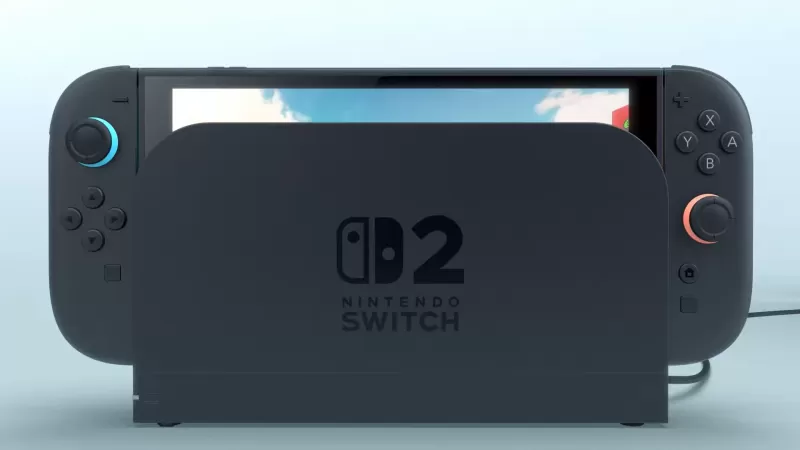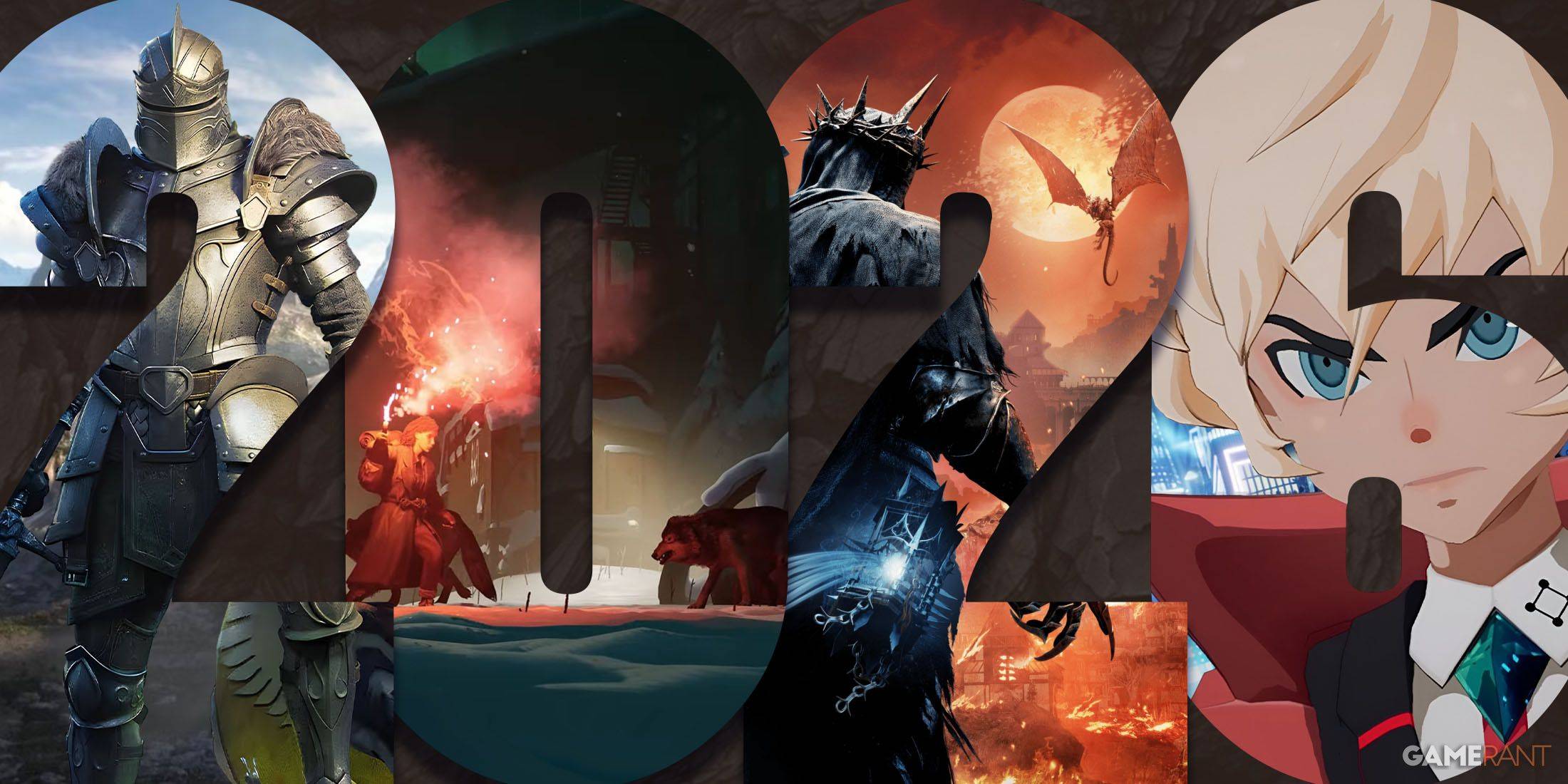"Remakes Key to Bethesda's Revival, Oblivion Shows"
By Azura, by Azura, by Azura – the rumors were true. Yesterday, Bethesda set the gaming world ablaze by unveiling Virtuos' remaster (or is it a full-blown remake?) of The Elder Scrolls IV: Oblivion. In an unexpected 'Elder Scrolls Direct', the surprise shadow-drop quickly amassed hundreds of thousands of concurrent players. This moment of global excitement and celebration feels like a much-needed beacon amidst the recent challenges Bethesda Game Studios has faced. From the extended efforts to mend Fallout 76’s rocky launch to the lukewarm reception of Starfield, fans have been questioning whether Bethesda has lost its touch. With fierce competition from the likes of Larian Studios' Baldur's Gate 3 and Obsidian's The Outer Worlds, both hailed as spiritual successors to Elder Scrolls and Fallout, Bethesda's latest ventures have left fans wondering. Yet, with Elder Scrolls 6 and Fallout 5 still years away, this re-release of Oblivion might be the step forward Bethesda needs – albeit in an unexpected direction.
At its zenith, Bethesda Game Studios was the undisputed leader in the RPG realm. According to leaked Microsoft FTC documents from 2020, Fallout 4 had sold an impressive 25 million units, with over 5 million units sold in its first week alone, as per VGChartz. In 2023, Todd Howard announced that Skyrim had surpassed 60 million sales, though multiple re-releases certainly contributed to this figure. In contrast, Starfield's estimated sales sit at just over three million units a year and a half after launch. Considering the influence of Game Pass and the absence from PlayStation, this number may be underwhelming for Bethesda. Even Starfield's dedicated fanbase has expressed disappointment with its first expansion, Shattered Space.
This leaves Bethesda with a significant challenge. With The Elder Scrolls 6 and Fallout 5 still distant dreams, how can this legendary RPG developer reignite the passion of its fanbase? The answer might be found in revisiting its past glory.
Rumors of the Elder Scrolls IV: Oblivion remaster surfaced in September 2023, spurred by leaked Microsoft documents hinting at unannounced Bethesda projects, including this remaster of the 2006 classic. The buzz grew until January 2025, when a former Virtuos employee shared more details, igniting debates among Elder Scrolls fans about the legitimacy of the leaks. The floodgates opened last week, with over 6.4 million Google searches for 'The Elder Scrolls IV: Oblivion', a staggering 713% increase in the last week alone. Bethesda's reveal livestream peaked at over half a million viewers, and despite the leaks, over 600,000 tuned in to see the re-reveal of a game that's 19 years old. The fervor for the remaster caused sites like CDKeys to crash and slowed Fanatical and Green Man Gaming to a crawl. As of yesterday, Steam reported 125,000 concurrent players, with Oblivion firmly positioned as the #1 best seller. The enthusiasm Bethesda fans have for Oblivion burns as brightly as the flames from the Oblivion gates themselves.
The message from players is clear: if you (re)build it, they will come. What better way to keep fans engaged during these long development cycles than by inviting them to revisit the mysterious isles of Morrowind or the post-apocalyptic wastelands of the East Coast? From a commercial perspective, this strategy makes sense. While Bethesda's core team works on future projects, partners like Virtuos can use existing blueprints to create remasters in shorter time frames. These remasters have built-in audiences and introduce many to their first RPGs of their respective generations. Reviving these classics also invites a new generation to explore the intricacies of Tamriel or navigate the ruins of Las Vegas and D.C.
Bethesda has previously leveraged its catalog effectively. During the first season of the Fallout TV show on Prime Video, Fallout 4 was discounted by up to 75%, accompanied by a next-gen update that included nods to the show. As a result, Fallout 4 sales surged over 7,500% in Europe, despite being nearly a decade old.
 Oblivion Remastered offers a visit to the past that looks like the future. Image credit: Bethesda / Virtuos
Oblivion Remastered offers a visit to the past that looks like the future. Image credit: Bethesda / Virtuos
Looking back at Microsoft’s leaked Bethesda roadmap, a Fallout 3 remaster was slated to follow Oblivion two years later. While the timelines have shifted – Oblivion was originally planned for fiscal year 2022 – if the original intervals hold, a Fallout 3 remake might be on the horizon for 2026, coinciding with the second season of the Fallout TV series. Given the thematic alignment of the first season with Fallout 4, could Bethesda be planning a New Vegas remake to complement the second season's focus on New Vegas? The shadow-drop of Oblivion suggests that a New Vegas Remastered trailer could be waiting for us at the end of Fallout Season 2's finale.
The message from players is clear: if you (re)build it, they will come. However, if there's one game in Bethesda's back catalog that truly deserves a remake, it's The Elder Scrolls III: Morrowind. Fans have been clamoring for this for years, with some even creating fan remakes like Skyblivion using Skyrim's engine. Yet, Morrowind presents unique challenges due to its place in Bethesda's evolution. It's built differently from modern Elder Scrolls games, with partial voice acting, text-based storytelling, no quest markers, and simplistic combat physics. While Virtuos successfully modernized some of Oblivion's clunky systems, Morrowind's entire gameplay is a challenge. It's what makes Morrowind beloved, but also what makes it difficult to remake. Striking the right balance between modernization and preserving its original charm is a delicate task. Overdo the updates, and you risk losing the magic; retain too many outdated systems, and the experience could feel outdated.
When a studio becomes synonymous with a gaming genre, the challenge lies in innovating while retaining its audience. Rockstar Games has kept Grand Theft Auto players engaged for over a decade with GTA Online, funding the rumored hefty budget for GTA 6. Bethesda's strength lies in crafting expansive, detailed single-player worlds – something that neither Elder Scrolls Online nor Fallout 76 fully captures. The overwhelming response to Virtuos' Oblivion remaster demonstrates that gamers are eager to revisit Bethesda's storied past. While not every remaster will be a guaranteed success – as evidenced by Rockstar's GTA Definitive Editions – reviving classic titles could be the path for Bethesda to reclaim its position as the king of modern RPGs.























![Salvation in Nightmare [v0.4.4]](https://imgs.21qcq.com/uploads/36/1719555347667e551321c26.jpg)




